Next Friday the 2nd of May at 14:00 h in PG10, we will have a research seminar in neuroscience entitled “Emergent oscillatory activity in the cerebral cortex”.
Our guest is Prof. Maria Victoria Sanchez-Vives, http://www.sanchez-vives.org/, ICREA Research Professor at the IDIBAPS (Institut d’Investigacions Biomediques August Pi i Sunyer) in Barcelona, head of the Systems Neuroscience group.
Prof. Maria Victoria Sanchez-Vives has published a number of influential papers in journals like e.g. Science, Nature Neuroscience or PNAS and is currently the Chief Editor of Frontiers in Systems Neuroscience. She has been funded by Human Frontier Science Program, national and international agencies and has been partner in six European Projects. She is currently coordinator of the FET EU project CORTICONIC.
Her main interests include how neuronal and synaptic properties as well as connectivity determine the emergent activity generated by neuronal networks. The integration of the cortical information giving rise to bodily representation and the combination of brain-computer interfaces and virtual reality for understanding these processes, is another research line of her group.
We strongly suggest not to miss the opportunity to attend to this seminar. Afternoon cakes, coffee and tea will be served during the event.
Best wishes, Emili
Emili Balaguer-Ballester, PhD
Faculty of Science and Technology , Bournemouth University
Bernstein Center for Computational Neuroscience, University of Heidelberg
———————————
Title: “Emergent oscillatory activity in the cerebral cortex”.
Abstract: “Understanding complex systems like brain networks is a challenge. Cortical networks can perform computations of remarkable complexity, accounting for a large variety of behaviours and cognitive states. At the same time, the same networks can engage in stereotypical patterns of spatio-temporal activation, such as the ones that can be observed during sleep, anaesthesia and in cortical slice. Collective phenomena emerging from activity reverberation in cortical circuits at different spatio-temporal scales results in a rich variety of dynamical states. Slow (around or below 1 Hz) and fast (15-100 Hz) rhythms are spontaneously generated by the cortical network and propagate or synchronize populations across the cortex. This is the case even in isolated pieces of the cortical network, or in vitro maintained cortical slices, where both slow and fast oscillations are also spontaneously generated. The similarity between some of these patterns both in vivo and in vitro suggests that they are somehow a default activity from the cortical network. We understand that these emergent patterns provide information on the structure, dynamics and function of the underlying cortical network and their alterations in neurological diseases reveal the circuits dysfunction”.

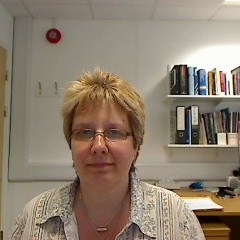



 Last week colleagues from BU’s
Last week colleagues from BU’s 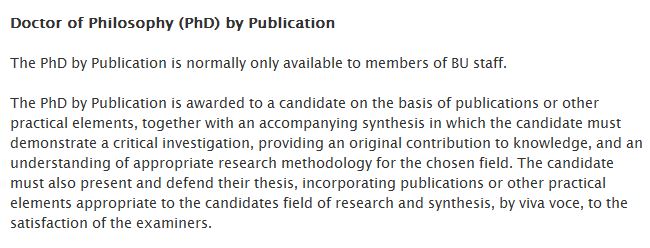






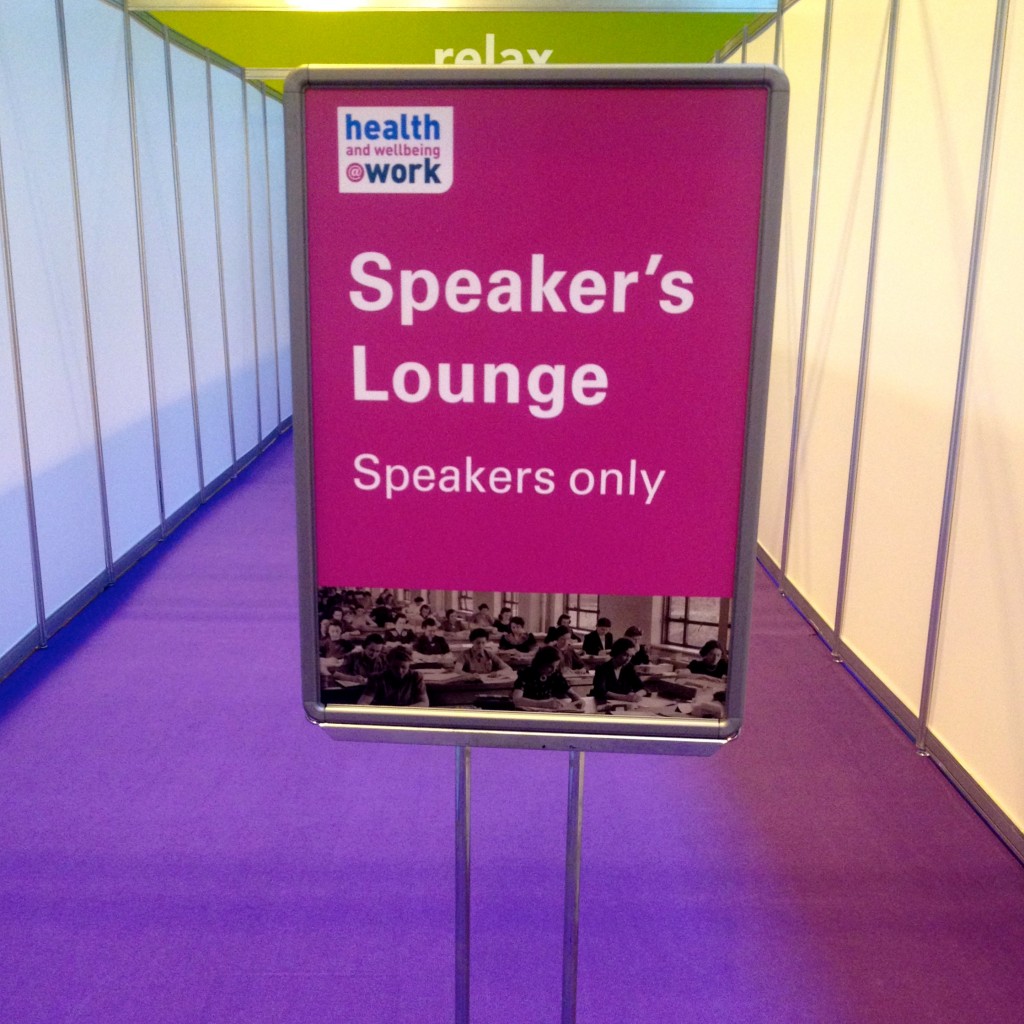








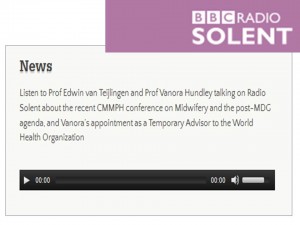


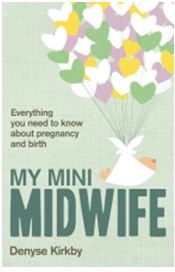



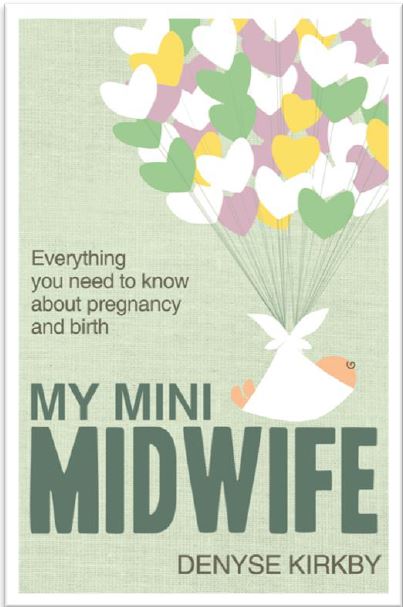











 Nepal Study Days 2024
Nepal Study Days 2024 We can help promote your public engagement event or activity
We can help promote your public engagement event or activity Funded Public Engagement Opportunity – ESRC Festival of Social Science 2024 -Deadline for Applications Thursday 16 May
Funded Public Engagement Opportunity – ESRC Festival of Social Science 2024 -Deadline for Applications Thursday 16 May 1 WEEK REMAINING- Postgraduate Research Experience Survey (PRES) 2024
1 WEEK REMAINING- Postgraduate Research Experience Survey (PRES) 2024 Conversation article: How 2-Tone brought new ideas about race and culture to young people beyond the inner cities
Conversation article: How 2-Tone brought new ideas about race and culture to young people beyond the inner cities MSCA Postdoctoral Fellowships 2024
MSCA Postdoctoral Fellowships 2024 Horizon Europe News – December 2023
Horizon Europe News – December 2023